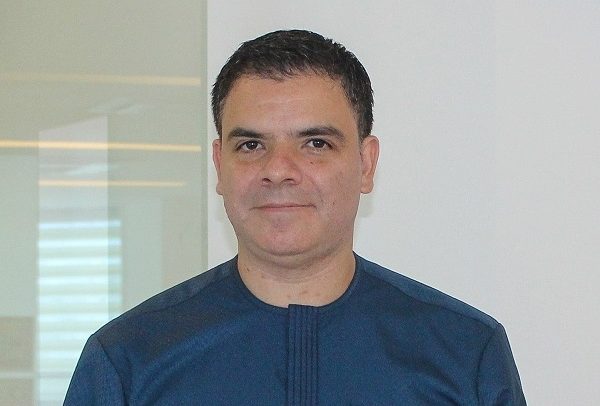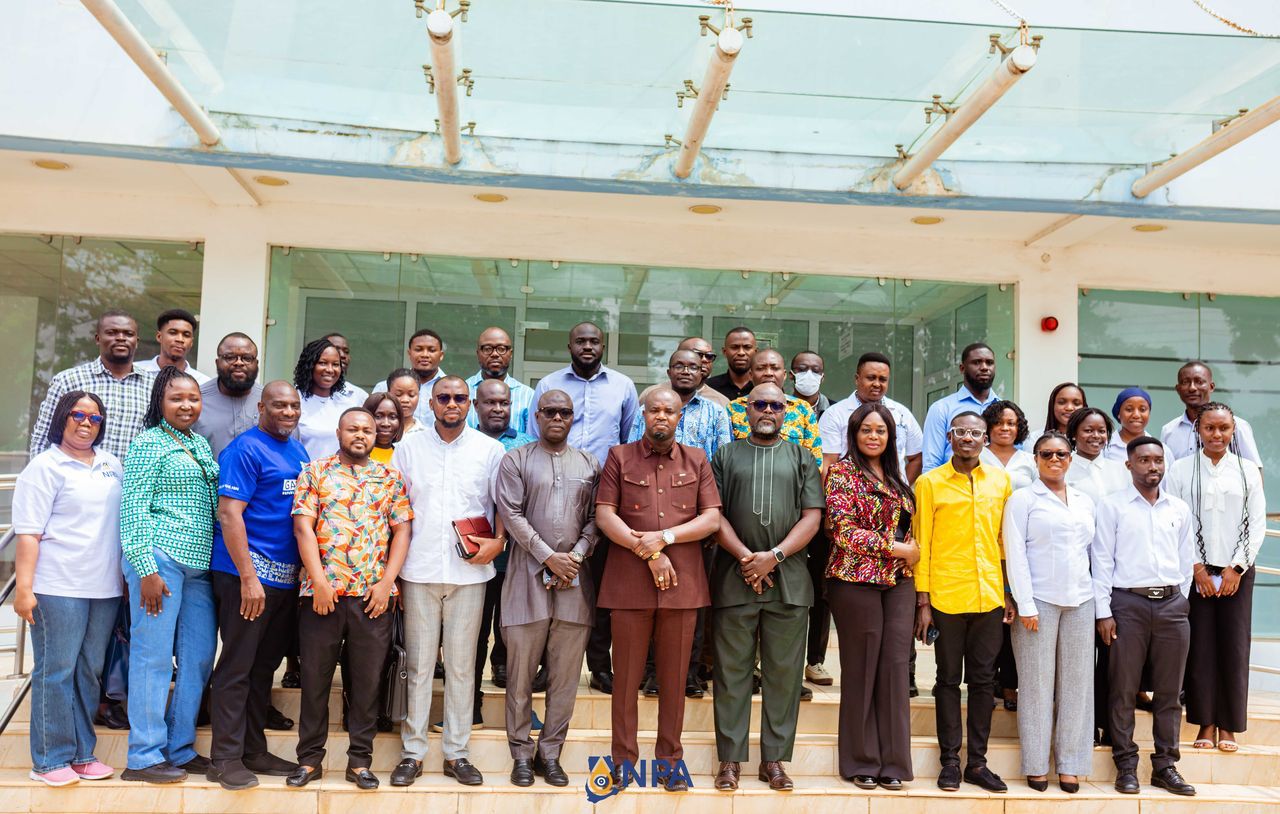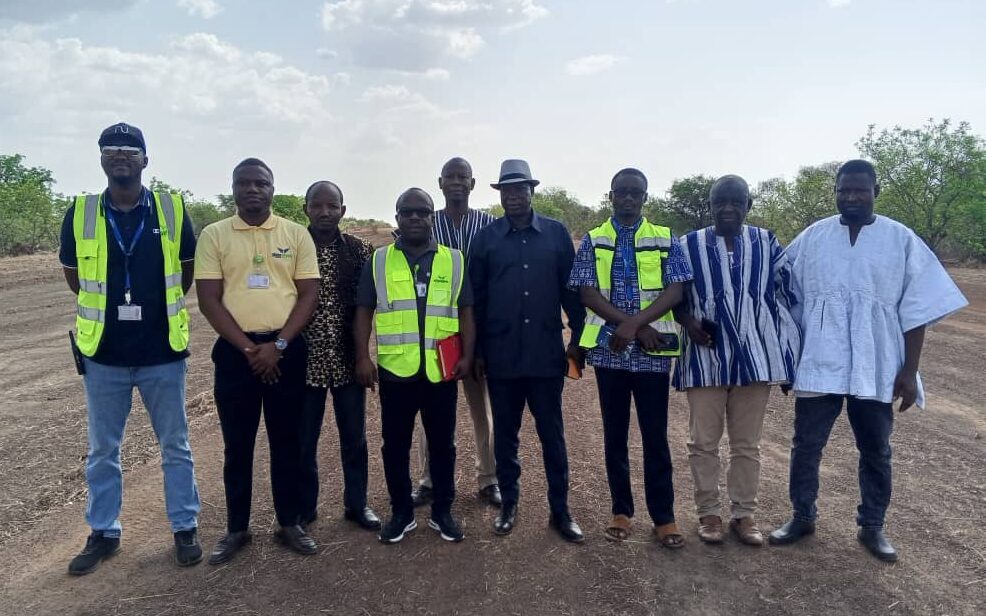
In 1651, Thomas Hobbes envisioned the state as a Leviathan—an all-powerful sovereign capable of rescuing humanity from the anarchic “war of all against all” by imposing order through a social contract.
Centuries later, Ghana’s goldfields, a modern-day “Havilah” of biblical riches, have become a grotesque parody of this theory. Here, the Leviathan—the state—is not a savior but a captive, complicit in the chaos it was meant to quell. Illegal gold mining, locally known as galamsey, has transformed fertile lands into toxic wastelands, exposing the hollowness of the social contract in the face of greed, corruption, and institutional collapse.
Hobbes argued that without the Leviathan’s authority, life would descend into a “nasty, brutish, and short” existence. Yet in Ghana’s mining regions, the state’s presence has failed to prevent such a descent. Instead, its weakness has enabled anarchy. The government, tasked with protecting resources and citizens, is routinely outgunned by mining syndicates.
Security forces collude with gangs or turn a blind eye in exchange for bribes, while communities promised protection in exchange for surrendering autonomy now view the state as a predator. Ama Serwah, a queen mother in Ghana’s Western Region, encapsulates this disillusionment: “They issue mining licenses to outsiders but won’t stop the poison in our rivers.” The irony is profound: the very chaos Hobbes feared—lawlessness, environmental ruin, and violence—flourishes not in the absence of the Leviathan, but under its watch.
Ghana’s “curse” is not supernatural but systemic. Institutions designed to uphold order now perpetuate disorder. Mining laws exist but are selectively enforced, with over 70% of small-scale mining operating illegally, according to the Ghana Minerals Commission. Traditional chiefs, politicians, and bureaucrats lease land to foreign miners, often Chinese operators, in exchange for kickbacks, sacrificing communal well-being for personal gain.

Even state-backed entities like the Ghana National Petroleum Corporation have been implicated in illegal operations, blurring the line between legal enterprise and criminality. Kwasi Prempeh, Director of the Ghana Center for Democratic Development, summarizes this betrayal: “The state is both judge and arsonist. It creates laws, then profits from breaking them.”
In 2021, Ghana launched Operation Halt II, a military crackdown to destroy mining equipment and arrest illegal operators. Yet this performative display of state power only underscored its impotence. Bulldozers were burned for television cameras, but kingpins escaped prosecution. Mining resumed days after troops withdrew, while soldiers destroyed the livelihoods of local laborers, sparing elites who profit from the chaos. Kofi Mensah, a galamsey worker, observes bitterly: “They arrest the poor, protect the rich.” The lesson is clear: force without legitimacy breeds resentment, not order.
Ghana’s crisis demands a radical rethinking of Hobbes’ framework. To redeem itself, the Leviathan must evolve. Decentralizing power by transferring land governance to communities could allow them to reject destructive mining projects, as demonstrated by the Akyem Twaa Oman Alliance’s grassroots resistance. Transparency initiatives, such as blockchain tracking of gold supply chains, could starve illicit markets by exposing their networks. Most critically, a new social covenant must redirect youth from hazardous pits to tech hubs and agro-ecology, fostering a “Green Leviathan” that prioritizes sustainable growth over extraction.
Ghana’s cursed goldfields are a microcosm of a global crisis: states failing to protect the commons, citizens losing faith in the social contract, and Hobbes’ Leviathan exposed as a paper tiger. Yet within this chaos lies opportunity. To regain legitimacy, the state must transform from a captor of Havilah’s riches into a steward of its renewal.
As activist Efua Suraju warns, “If the state won’t be our protector, we’ll become our own Leviathan.” The path forward is fraught, but the alternative—a land stripped of life, faith, and future—is unthinkable. The Leviathan’s awakening cannot come too soon.
By Dr. Ayure-Inga Mark Agana
The post Ghana’s cursed goldfields are a microcosm of a global crisis first appeared on 3News.
Read Full Story





















Facebook
Twitter
Pinterest
Instagram
Google+
YouTube
LinkedIn
RSS